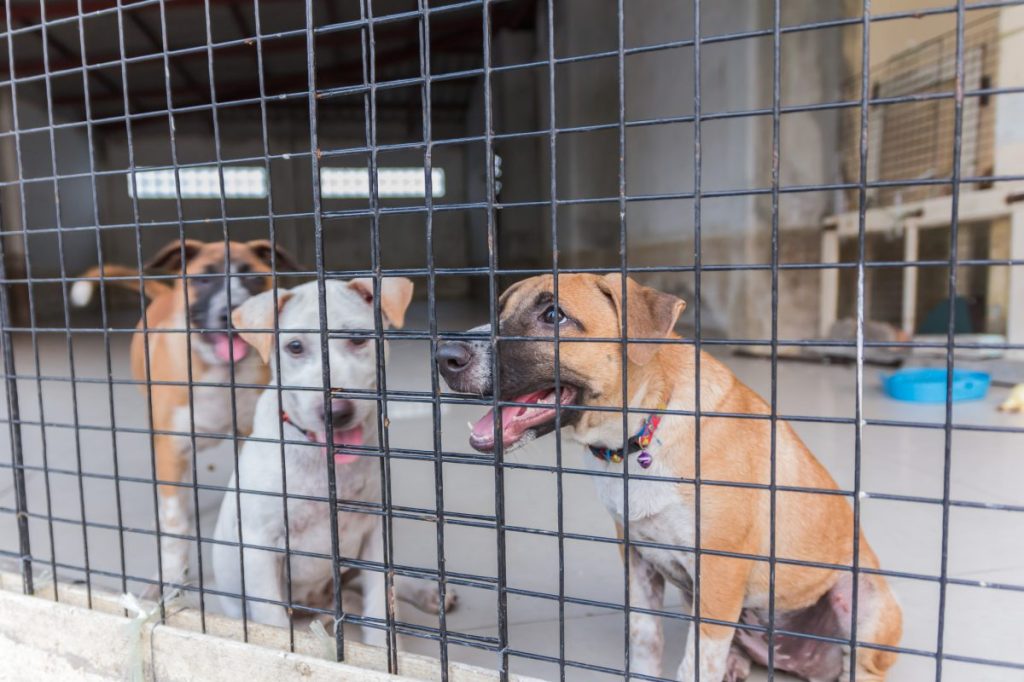South Korea’s move to ban the consumption of dog meat has sparked resistance from those engaged in the controversial tradition. Dog breeders and restaurant owners, advocating to maintain its legality, have staged protests outside parliament, urging the government and the ruling People Power Party to abandon their plans for a ban this year.
According to these groups, banning dog meat would severely impact their livelihoods and restrict dining choices. The dish — traditionally served on the Korean peninsula to combat summer heat — is now consumed mainly by older individuals.
As reported by Reuters, Lee Kyeong-sig — who operates a dog farm near Seoul — expressed uncertainty about the future, stating, “If I have to close down, with the financial condition I’m in, there really is no answer to what I can do. I’ve been in this for 12 years and it is so sudden.”
A Gallup Korea poll from last year revealed that nearly two-thirds of respondents disapproved of consuming dog meat, with only 8% reporting having eaten dog in the past year — a notable decline from 27% in 2015.
South Korea’s struggle to ban dog meat
Despite the public’s decrease in dog meat consumption and advocacy from animal rights groups, past efforts to outlaw dog meat have failed. In the current proposal, the government suggests a three-year grace period for the industry to shift away from the trade, coupled with substantial financial aid for those impacted. With public support and bipartisan backing in parliament, indications suggest that the ban may soon become law.
The agriculture ministry refused to disclose industry specifics, but the Korean Association of Edible Dogs claims that a greater number of farms and restaurants will feel the impact compared to the government’s estimates. The association expects the closure of 3,500 farms raising 1.5 million dogs and 3,000 restaurants — nearly double the figures provided by officials.
Nam Sung-gue, who has run a dog meat restaurant for 30 years selling boshintang or “restoring” soup, expressed that the ban is unjust, despite his business facing a rapid decline. He said, “If they try to ban the food that people have eaten for a long time, that is a wrong kind of law, a law that takes away the freedom to choose what we eat.”
Critics of the ban point fingers at First Lady Kim Keon Hee, a strong opponent of dog meat consumption. She, along with her husband President Yoon Suk Yeol, own six dogs. When questioned about Kim’s influence, a representative from the president’s office stated, “Both in the country and abroad there is support and consensus, as well as from the opposition party.”
An Byung-gil, a ruling party member of parliament and the main supporter of the bill, emphasized that now is the right time for change. “Even though something may be part of tradition, what needs to be changed has to be changed,” he said.




